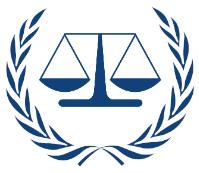Congolese warlord Thomas Lubanga is accused of committing some truly awful crimes. Forcibly conscripting children as young as 10 into the brutal, tribal combat of eastern Congo tops the list, which is why he was turned over to the International Criminal Court at The Hague in 2006. Lubanga's trial was supposed to be the ICC's first case and its first test. But with the trial now indefinitely delayed due to prosecutorial misconduct, the ICC has failed the test. No one should be surprised by this. The problems with the ICC's ability to try the Lubanga case stem from the prosecution's refusal to share exculpatory evidence with Lubanga's defense. According to the Associated Press, the ICC prosecutor withheld "hundreds of documents, including at least 95 that the defense said could help Lubanga prove his innocence or mitigate his guilt." This is significant because the ICC is supposed to be governed by rules requiring prosecutors to disclose such evidence. The prosecution claims its motives were honorable, arguing that the information was withheld to shield individuals and organizations from retribution. However, the ICC judges were not persuaded. "The trial process has been ruptured to such a degree that it is now impossible to piece together the constituent elements of a fair trial," they declared. They are now mulling whether to release Lubanga.
ICC: A Well-Intentioned but Flawed Court

